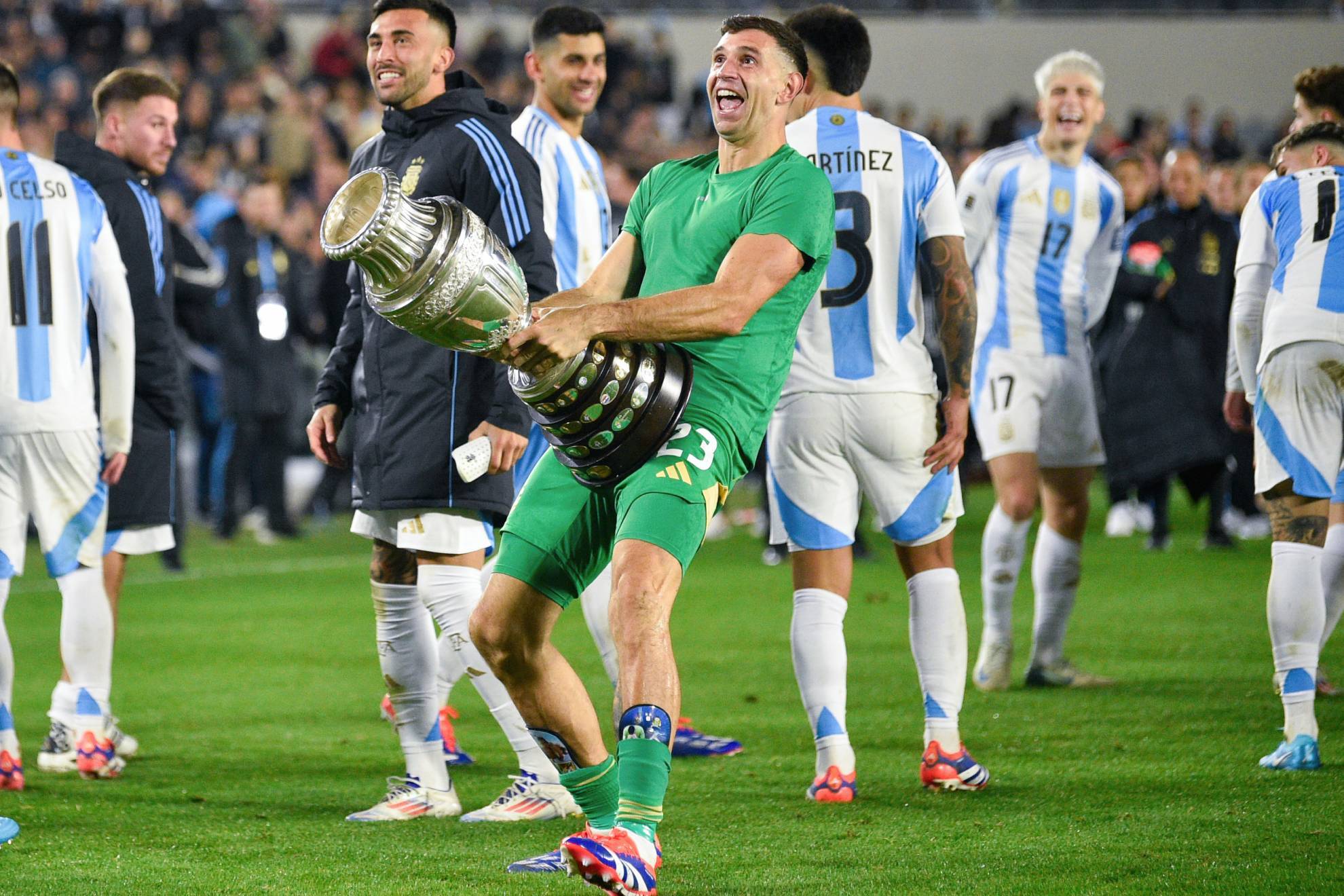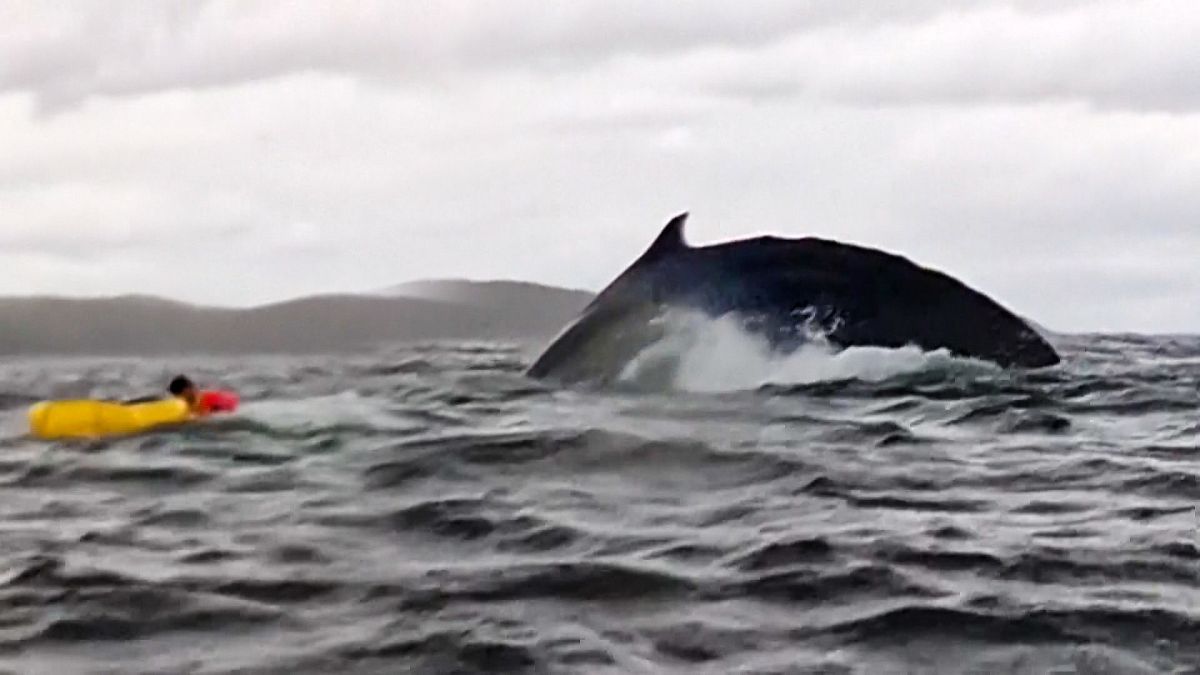Butterball Turkey Video is going viral on social media platforms such as X (formerly Twitter) TikTok and Facebook. Yet many people are confused about the story behind Butterball Turkey video and many are eager to watch the viral video.
In the realm of food production, ethical treatment of animals has become a cornerstone of consumer consciousness, particularly during holiday seasons when traditional meals like Thanksgiving turkey take centre stage.
The Controversy Surrounding the Butterball Turkey Video
Recently, a video involving Butterball, one of America’s largest turkey producers, has ignited widespread debate, outrage, and calls for action regarding animal welfare in industrial agriculture.
This article delves into the implications of the “Butterball Turkey Video,” exploring its origins, the reactions it provoked, and the broader discourse on animal rights within the food industry.
Background of Butterball
Butterball LLC, headquartered in North Carolina, has been a household name since its formal branding in 1940, becoming synonymous with Thanksgiving and holiday feasts.
Known for producing over one billion pounds of turkey annually, Butterball has long marketed itself as a provider of wholesome, quality poultry.
However, the company’s practices have occasionally come under scrutiny by animal rights organizations like PETA (People for the Ethical Treatment of Animals).
The Unveiling of the Butterball Turkey Video:”
The video in question surfaced recently, although it stems from an investigation conducted by PETA in 2006.
This footage, which has periodically re-emerged, captures alleged acts of cruelty and abuse towards turkeys at Butterball’s Ozark, Arkansas facility.
The video shows workers engaging in what appears to be violent and sexual abuse of the birds, actions that starkly contrast with the public’s expectation of humane treatment in animal agriculture.
Violent Acts: Employees were recorded kicking, throwing, and even slamming turkeys against metal bars, causing severe injuries or death.
Sexual Abuse: Perhaps more shockingly, there are claims and visual evidence suggesting that workers engaged in acts of sexual assault on the birds, although some of these acts might have been aimed at mocking or intimidation rather than actual assault.
The graphic nature of this video, highlighting such severe maltreatment, has not only stirred public emotion but also reignited the ethical debate over how we produce our food.
Public Reaction and Social Media Outcry:
The re-emergence of this video on platforms like X (formerly Twitter) and TikTok has led to a significant public backlash:
Boycott Calls: Consumers expressed their disgust through posts advocating for boycotts of Butterball products.
The sentiment was clear in posts like “Y’all better not eat no Butterball turkey this year”, indicating a shift in consumer behavior driven by ethical concerns.
Return of Purchases: There were reports of individuals returning their Butterball turkeys, with one X user stating they were “on the way to return this Butterball Turkey after SA (sexual assault) allegations.”
Advocacy for Change: The video spurred discussions not just about Butterball but about systemic changes needed in the treatment of animals in agriculture.
The viral nature of the content on social media platforms amplified the issue, making it a topic of national conversation, especially around Thanksgiving when turkey is in high demand.
Butterball’s Response:
In response to the renewed outrage, Butterball issued statements emphasizing that the video was from nearly two decades ago and does not reflect current practices:
Commitment to Welfare: Butterball claimed ongoing commitments to animal welfare, with regular audits and adherence to 200+ science-based standards for turkey care. They highlighted their status as the only American Humane-certified turkey company.
Legacy vs. Current Practices: The company insists that this historical footage does not represent their current operational standards, pointing to improvements in animal care over the years.
The Role of PETA and Animal Rights Advocacy:
PETA, having initially conducted the investigation, used the video to advocate against factory farming practices:
Ethical Consumption: PETA pushes for vegan alternatives and ethical consumerism, using such exposés to highlight the cruelties of industrial animal agriculture.
Legal and Corporate Pressure: PETA’s investigations often lead to legal actions or force companies to re-evaluate their practices due to public pressure.
However, critics of PETA argue that their methods can sometimes sensationalize issues, potentially overshadowing the broader, systemic changes needed in animal farming.
Broader Implications for the Food Industry:
The Butterball video controversy raises several critical points about the food industry:
Transparency and Accountability: There’s a growing demand for transparency in how food is produced, prompting companies to ensure their practices align with public expectations of animal welfare.
Regulation and Standards: This incident might push for stricter regulatory frameworks or industry-wide standards regarding animal treatment in slaughterhouses.
Consumer Awareness: It underscores a shift in consumer awareness where ethical considerations increasingly influence purchasing decisions.
Technological and Methodological Changes: The industry might explore more humane methods of processing or even alternative proteins to reduce reliance on traditional animal farming.
Conclusion
The “Butterball Turkey Video” serves as a stark reminder of the often unseen realities behind our food production.
While Butterball and similar companies have made strides in animal welfare, incidents like these highlight that there remains a significant gap between corporate policy and practice.
This video has not only affected Butterball’s reputation but has also catalyzed a broader conversation about how we raise, treat, and consume animals.
As consumers become more ethically conscious, the pressure mounts on food producers to not only meet but exceed basic welfare standards, fostering a culture where cruelty has no place.
The journey towards ethical food production is complex, involving legal, economic, and cultural shifts, but events like these ensure that these conversations continue, pushing the industry towards a more humane future.
Whether this leads to a permanent change in how companies like Butterball operate or merely a temporary spotlight on animal rights remains to be seen, but the dialogue has undeniably been amplified.





![Lucky With You 03 [ENG SUB] (Johnny Huang, Claudia Wang) | 三生有幸遇上你 Lucky With You [ENG SUB] (Johnny Huang, Claudia Wang) | 三生有幸遇上你 - Best Korean Drama Series](https://newstodaywire.com/wp-content/uploads/2022/01/lucky-with-you-218x150.jpg)






![Katie Sigmond Wiki Tik-Tok Star Age, Family, Biography, Ethnicity, Boyfriend, Parents, Latest Images Katie Sigmond Wiki [Tik-Tok Star] Age, Family, Biography, Ethnicity, Boyfriend, Parents, Latest Images](https://newstodaywire.com/wp-content/uploads/2022/01/katie-sigmond-218x150.jpg)











